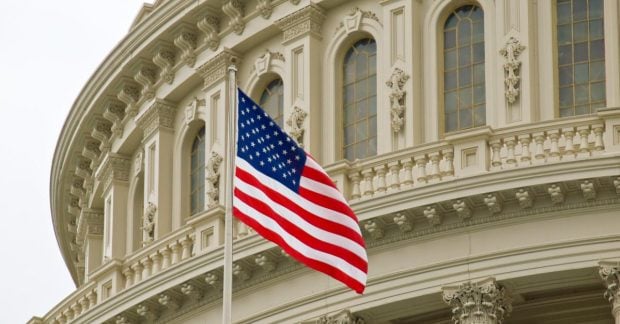The arrival of a Russian-led “peacekeeping” force in Kazakhstan might help to stabilise the country’s internal difficulties, but it looks more like another power grab by Russian President Vladimir Putin than an act of neighbourly solidarity.
As US Secretary of State Antony Blinken memorably remarked after Moscow said it was dispatching a detachment of paratroopers to its southern neighbour, it is all very well making invitations to the Russians, but “sometimes it is very difficult to get them to leave”.
Instances where Russian forces might be considered to have outstayed their welcome during Mr Putin’s two decades in power would include Georgia, Ukraine, Belarus, Syria and, more recently, Libya.
Now Kazakhstan, once seen as the wealthiest and most stable regime in post-Soviet era Central Asia, could find itself facing a similar predicament following the arrival of a 2,500-strong force representing the Collective Security Treaty Organisation of ex-Soviet states, but which is primarily comprised of battle-hardened Russian paratroopers. Kazakh president Kassym-Jomart Tokayev continues to insist that the arrival of Russian forces in his country was all his idea, and that he is enormously grateful to Mr Putin for responding so quickly to his plea for help.
The sheer scale of Russia’s military intervention, though, suggests a different and, for the West, more worrying narrative. While the Kremlin remains coy about disclosing precisely how many troops have been dispatched to Kazakhstan, the defence ministry has confirmed that an airlift involving 70 aircraft has been launched to deploy forces “around the clock” with orders to carry out “assigned tasks”. With Russian media reporting that the operation involves at least 5,000 Russian troops, the Kazakh intervention is more akin to Moscow’s 2015 military intervention in Syria than a standard peacekeeping operation.
The Kremlin’s Kazakh move, moreover, is taking place while Moscow still has a 100,000-strong battlegroup, whose intentions are anything but peaceful, camped on the Ukrainian border, while concerns persist that Moscow is orchestrating the migrant crisis in Belarus.
Moscow has certainly lost no time responding to the Kazakh crisis, which began at the start of the New Year with protests against fuel price increases, but now looks more like an internal power struggle between Mr Tokayev and forces loyal to his autocratic predecessor, Nursultan Nazarbayev, the self-styled “Father of the Nation” who has not been since the start of the unrest.
With internet connections cut, Western observers are struggling to assess the internal dynamics of the crisis. But the fact that Mr Tokayev dismissed Mr Nazarbayev from his role as national security chief soon after the protests erupted, and has taken similar action against a number of loyalists of the former leader – including the prime minister – points to a bitter power struggle.
As Russian interventions in Ukraine and Belarus have demonstrated, the Kremlin is not prepared to tolerate losing influence in countries it regards as constituting its “near abroad”, the independent republics that emerged from the dissolution of the USSR.
The ghost of Ukraine’s 2014 presidential election, which resulted in a pro-Russian leader being replaced by one with pronounced pro-Western sympathies, still haunts the Kremlin, and the prospect of such a vital Central Asian state as Kazakhstan adopting a pro-Beijing stance is clearly an outcome Mr Putin is not prepared to tolerate.
Russia’s Kazakh intervention is not without its risks, as Mr Putin already has enough on his plate dealing with issues such as Ukraine, and taking on Kazakhstan at the same time could prove one intervention too many.





